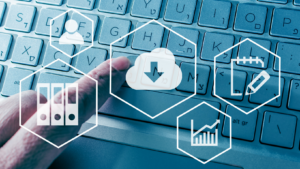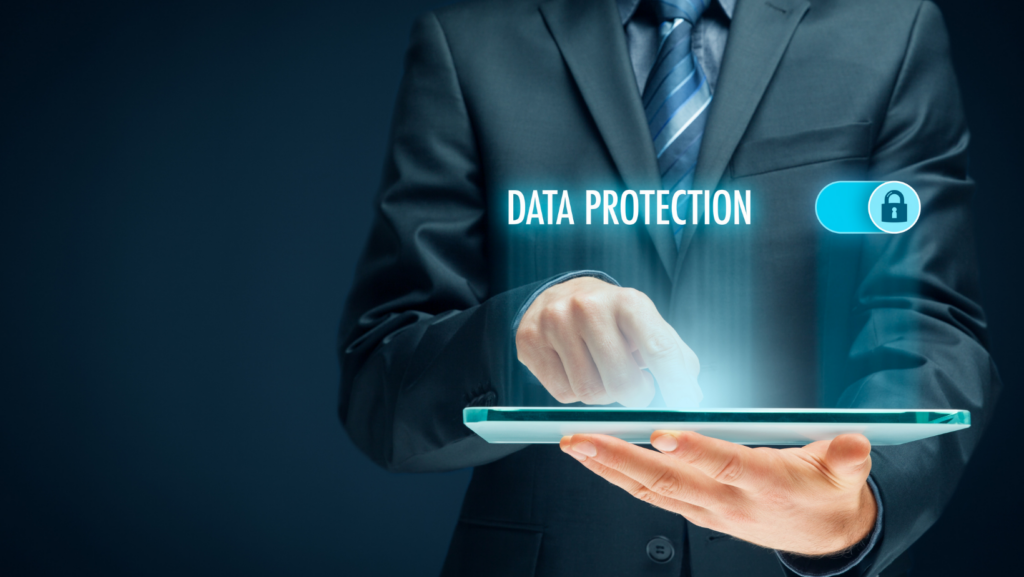In today’s digital age, data is often dubbed the new oil, powering everything from personal devices to global enterprises. As individuals and organizations generate vast amounts of data daily, the question of who truly owns this data becomes increasingly critical. Data ownership isn’t just about possession; it’s about control, access, and the rights to use or share information.
Navigating the complex landscape of data ownership involves understanding legal, ethical, and technological dimensions. With data breaches and privacy concerns on the rise, individuals are more aware of the importance of controlling their digital footprints. Meanwhile, companies grapple with balancing data-driven innovation and respecting user rights.
As technology evolves, so do the challenges and opportunities surrounding data ownership. This article delves into the intricacies of data ownership, exploring how it impacts individuals, businesses, and society at large. Understanding these dynamics is essential for anyone looking to navigate the digital world responsibly and effectively.
Data Ownership

Data ownership involves possessing the legal rights and complete control over a dataset. An entity can determine how data is utilized if it owns it, setting the terms of access and sharing. Ownership extends beyond mere possession to include accountability and liability in cases of misuse or data breaches.
Data Controllers and Processors: Two primary roles exist in data management. Data controllers decide the purpose and means of processing personal data, while data processors handle data according to the controllers’ instructions. Distinguishing these roles is crucial in understanding legal responsibilities and compliance in data privacy contexts, as defined by laws like the GDPR.
Historical Context of Data Ownership
Data ownership’s roots trace back to the early days of computing when digital data began gaining value similar to that of tangible assets. In the 1960s, organizations primarily stored data on physical media, such as punch cards and magnetic tapes, which necessitated clear ownership due to the tangible nature of these storage solutions. As the personal computing revolution unfolded in the 1980s, data became digitized, and questions of ownership shifted from physical possession to control over access and use.

The introduction of the internet in the 1990s marked a significant turning point, as the ability to store and transmit vast amounts of data globally without physical constraints altered data ownership dynamics. This period saw the emergence of intellectual property laws, gradually adapted to address these new challenges by recognizing data’s intangible nature. Laws began evolving to protect digital content, with copyright law increasingly applied to software and electronic databases.
In the 2000s, the exponential growth of the digital economy intensified discussions around data ownership. Tech giants amassed vast volumes of personal data, prompting governments worldwide to implement regulations aimed at safeguarding user privacy and ownership rights. The GDPR and similar laws emerged from this era, focusing on consent and transparency, and laying the groundwork for modern data governance frameworks.
These historical shifts underscore the complex evolution of data ownership, from physical storage to intricate legal frameworks, driven by technological advancements and changing societal norms. Understanding this history is key to grasping contemporary data ownership issues, as it highlights the ongoing need to balance control, access, and protection within the data-driven landscape.
Key Challenges in Data Ownership
Data ownership presents various challenges as individuals and organizations navigate privacy concerns and legal implications in a data-driven world.
Privacy Concerns

Privacy concerns represent a significant hurdle in data ownership. Data breaches compromise sensitive information, leading to identity theft and loss of personal privacy. Social media platforms and online services often collect vast amounts of personal data, raising questions about the extent of user consent and control over their own information. Companies must balance data utilization with user privacy, maintaining trust while leveraging data for insights.
Legal Implications
Legal implications of data ownership are complex and varied. Regulations like the GDPR and CCPA impose strict guidelines on data processing and user rights. Organizations face potential legal action if they fail to secure proper consent or breach data protection laws. Intellectual property rights further complicate ownership, as data can involve proprietary information. Compliance demands a thorough understanding of both domestic and international data protection laws to mitigate risks and legal liabilities.

